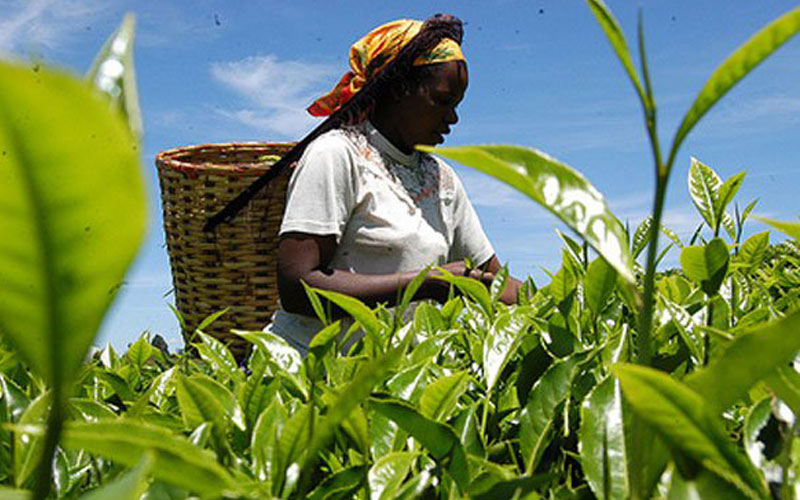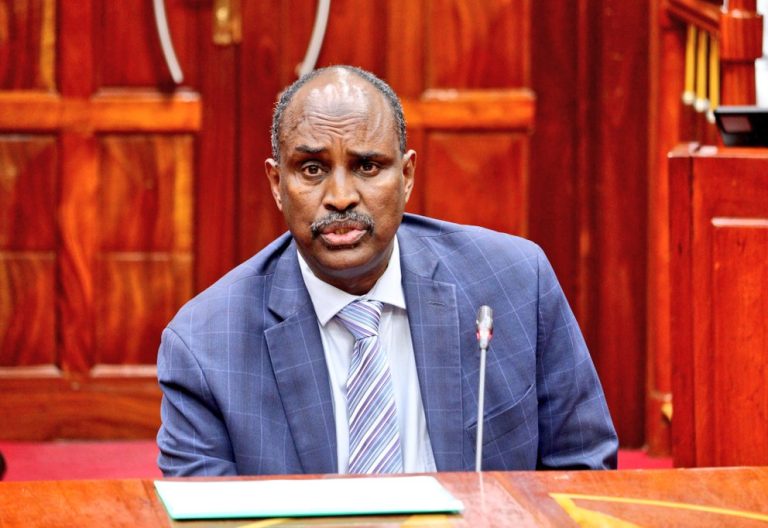Tea regulations elicit mixed reactions from stakeholders

The government’s new measures, meant to reform the tea industry, have elicited mixed reactions from the sector’s stakeholders.
Intended to end unethical business practices, the measures are in tandem with President Uhuru Kenyatta’s tea sector prescription announced in January this year.
Outlawing of direct sales and pushing for all teas to be sold through the auction, stakeholders say, will have huge ramifications.
“All teas produced in Kenya for the export market, shall within two months after coming into effect of these regulations, be sold exclusively through the auction process.
Henceforth, sale by private treaties, commonly known as Direct Sales Overseas, is outlawed and any teas that are not sold during a particular auction shall be relisted for sale during the subsequent auction,” said Agriculture Cabinet Secretary Peter Munya.
Kenya Tea Development Agency (KTDA) and owners of large tea plantations under their umbrella body Kenya Tea Growers Association (KTGA) welcomed the new regulations.
However, the two organisations cautioned the government against demonstrating tendencies likely to interfere with key institutions leading to their collapse as was the case in other sub-sectors, such as coffee, in the past.
Small-scale players in the industry are, however, fearful that they will suffer financial losses due to low prices owing to oversupply of the commodity at the Mombasa Tea Auction.
“We welcome the publication of the new regulations. We have heard what the government wants and within the next 14 days, we will respond to the same.
But our key concern is that the interests of the small- scale farmers need to be protected,” said KTDA chief executive Lerionka Tiampati.
Forex earner
The government argues that even though the industry is currently the leading foreign exchange earner, some key players have been applying immoral business practices especially at the marketing level compounding the challenges facing the industry.
This, Munya said, robs growers of their hard earned cash.
“These challenges, if not addressed, have the potential to recreate the problems that were faced by the coffee sector more than two decades ago leading to neglect and abandonment of coffee bushes by farmers and the prevailing low production in the country,” he warned.
KTGA CEO Apollo Kiarii claims value chain actors might suffer reduced income while farmers are likely to miss premium prices as the market.
“The government’s plan to ban export of tea directly to buyers might lock out some traders, for instance, independent tea producers,” he said.
He added, “We are likely to be faced with a price drop during auction days if the proposal is passed in its current form. Introduction of direct sales was meant to offer farmers an opportunity to enjoy better prices in the global market.”
Producers, he said are likely to lose already established contacts and thus lead to low income levels.
Munya blamed the current sorry state in the tea sub sector to a dysfunctional auction system, control and predatory behaviour of KTDA and its subsidiaries.
KTDA, which supplies 60 per cent of the total tea sold at the auction, will suffer financial loss as the government proposes reduction of fees it charges of 2.5 per cent of value of tea sales as a management agent.
Munya said that remuneration for any management service shall not exceed two per cent of the value of tea sold per year.
This means KTDA stands to lose between Sh320 million and Sh400 million.
The CS accused the farmers’ body sof manipulative and cartel-like behaviour along the value chain, which he says has for long led to farmers earning pennies.
KTDA overseas 66 factories under a management service agreement that was effected in early 2000 after the amendment of Tea Act leading to KTDA being transformed from an authority into an agency.
Under the model tea factories pay KTDA a management fee of 2.5 per cent of value of tea earnings.
KTDA’s punitive fees
“To demonstrate the exploitative and exorbitant nature of this fee, most of the factories, based on their capacities, sell between 180 billion to 200 billion kilogrammes of tea from more than 600,000 small holder tea growers annually at an average price of about Sh350 per kilogramme.
Teas belonging to small holder growers handled by KTDA under the management agreement generate between Sh60 and Sh70 billion annually.
At a management fee of 2.5 per cent, KTDA holdings and its subsidiaries gobble between Sh1.6 billion and Sh2 billion every year as fees,” said Munya last week when launching new tea regulations.
The agency is further accused of orchestrating a litany of inter-factory loans and advances among tea factories using earnings from other factories.
KTDA is further blamed for inordinate delays in making prompt payments to small-holder tea growers despite receiving payments from tea brokers within 14 days from the date of the auction.










